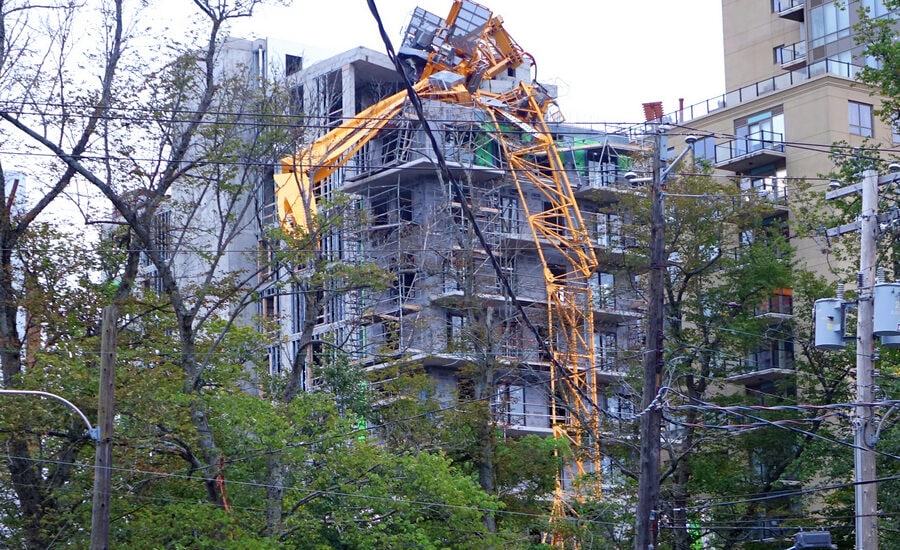
KJIPUKTUK (Halifax) – The International Panel on Climate Change [IPCC] says that the climate crisis is a “code red” for humanity. According to the first instalment of the Sixth Assessment Report – its most complex report to-date – the panel observed a number of unforeseen, and irreversible changes to the environment.
“Many of the changes observed in the climate are unprecedented,” IPCC’s press release read in part. “…And some of the changes already set in motion – such as continued sea level rise – are irreversible over hundreds to thousands of years.”
Heat waves and a melting ice cap in Greenland are also expected to continue.
In addition, IPCC expects levels of global warming to reach or exceed 1.5 degrees celsius over the next 20-years. Reductions in greenhouse gas emissions must be “immediate, rapid and large-scale” in order to contain levels of warming.
In the last century and a half, approximately 1.1 degrees of warming was the result of greenhouse gas emissions relating to human activity. Of all emissions in 2019, the six largest emitters together accounted for 62 per cent of all global emissions. China was responsible for the most, at 27 % of CO2 emissions, and the United States was the second largest emitter at 13 per cent. Canada ranked tenth.
“It has been clear for decades that the earth’s climate is changing,” co-chair of IPCC’s working group, Valerie Masson-Delmotte, said in the release. “And the role of human influence on the climate system is undisputed.”
According to ICPP’s report, erosion and severe flooding in low-lying coastal areas, like Nova Scotia, will be more frequent as a result of sea-level rise throughout the century. It says that extreme effects to sea-level that once happened every 100-years could begin happening yearly by the end of this century.
Extreme precipitation and flooding is also expected to increase.
The report ‘echos the physical reminders’ of climate change in our local communities
While climate change continues to affect every region as a result of global warming, some of the most notable effects will differ region-by-region. In a press release, the Ecology Action Centre (EAC) says that the report “echoes the physical reminders that our local communities have and are currently experiencing,” and cites invasive species, declining fish populations, coastal erosion and devastating weather events as examples.
“The evidence is indisputable: so far, we have failed to deliver the action needed to create a climate-safe future,” reads the release.
Kelsey Lane, EAC’s climate policy coordinator, says that the effects of climate change happening daily around the world – like forest fires and mass flooding – serve as a “stark reminder that climate change is happening now and is at our doorstep.”
“Because of this report, we are in a period of time now where even provinces like Nova Scotia are going to be feeling the impacts of climate change even if we do everything that we can today” she said in an interview.
Lane noted that while Nova Scotia has among the strongest climate targets in the country, it lacks a climate plan to “back it up.”
“Even provinces like Nova Scotia really need to make sure we’re doing everything we can,” she said. “And honestly, that’s not something we can say we’re doing right now.”
Last month, the Pembina Institute issued a report that found Canada unable to meet it’s 2030 and 2050 greenhouse gas emission targets. The institute – a non-profit Canadian think-tank that’s focused on energy – found insufficient planning by all levels of government to meet its goals.
“It’s not just about the Department of Environment and Climate Change anymore, it’s every single department, and every single level of government,” said Lane.
See also: Climate strike 2020 in Halifax: ‘We’re scared that we can’t grow up safely’
Check out our new community calendar!
With a special thanks to our generous donors who make publication of the Nova Scotia Advocate possible.
Subscribe to the Nova Scotia Advocate weekly digest and never miss an article again. It’s free!



